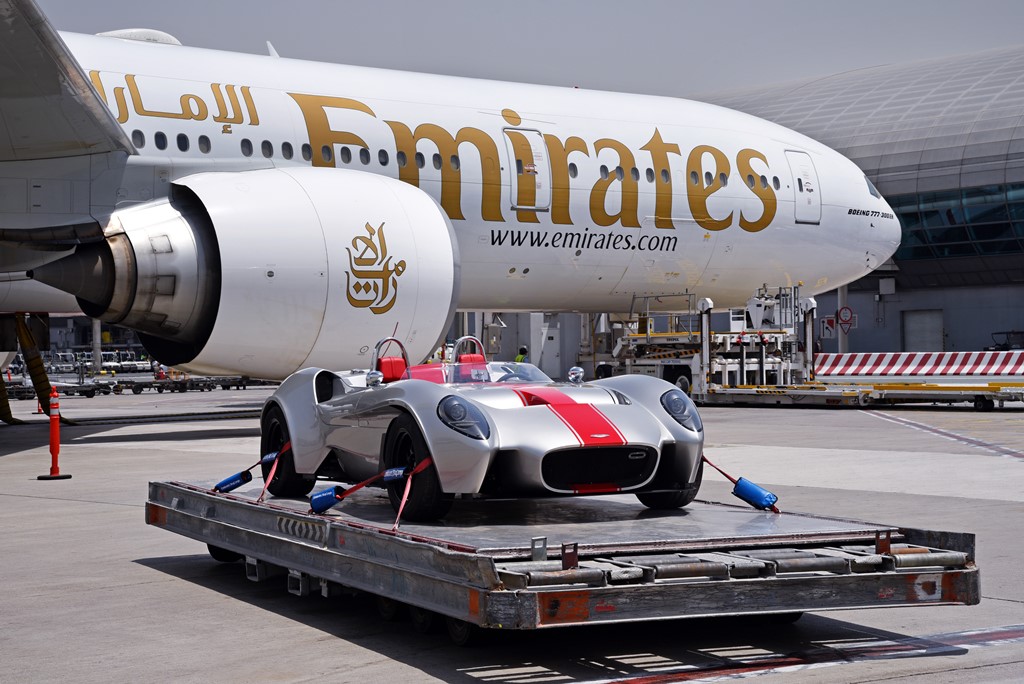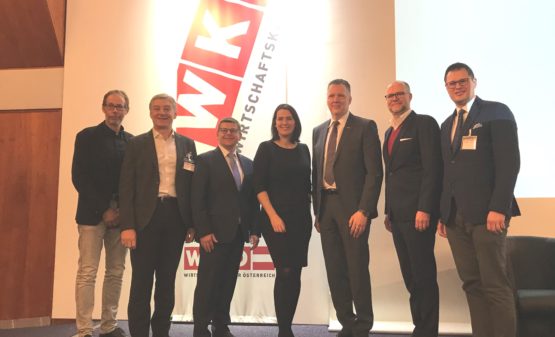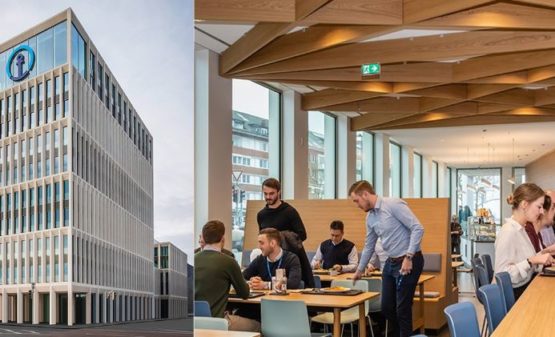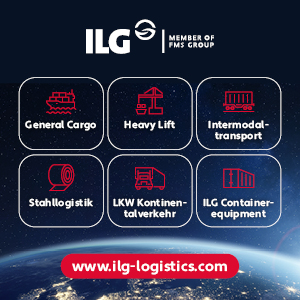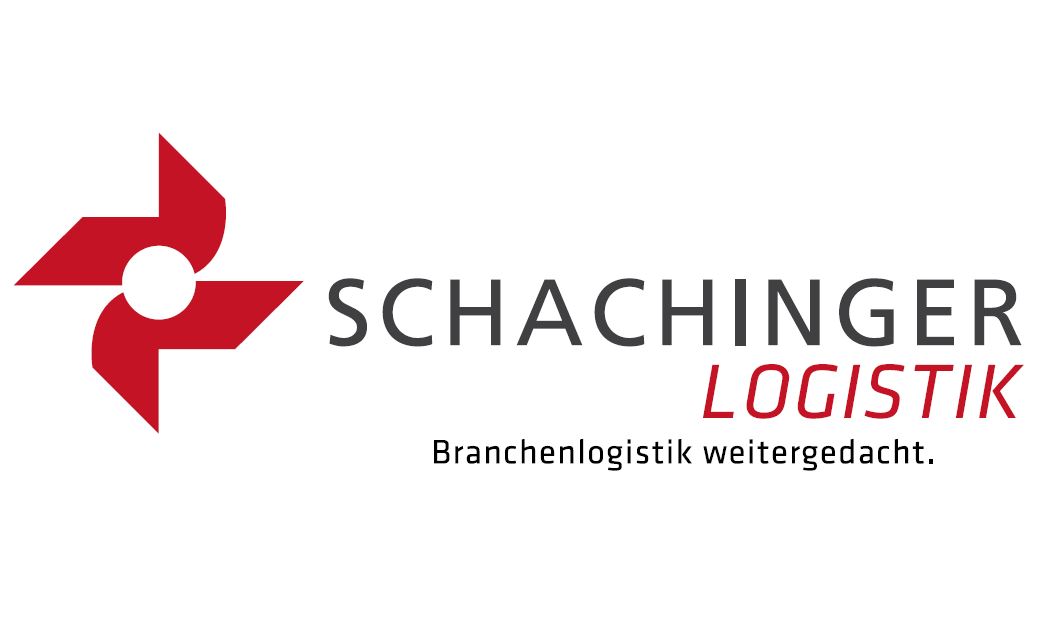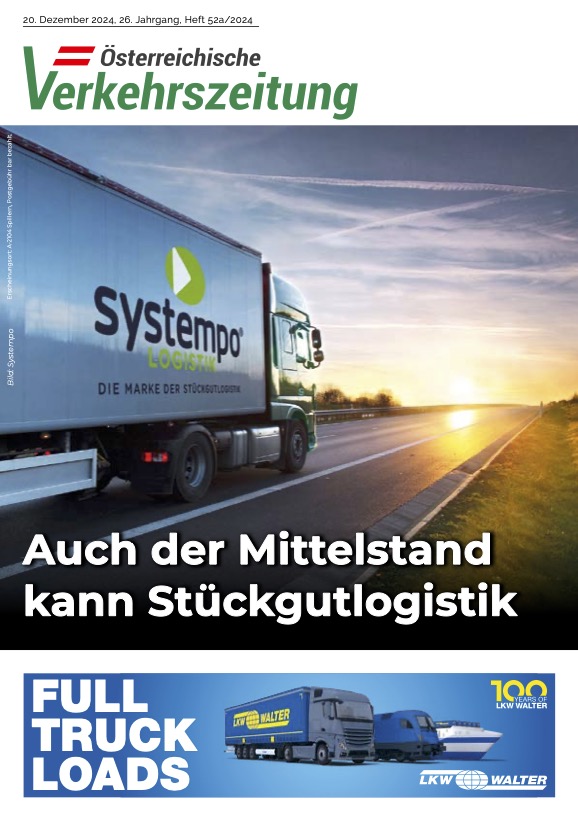Emirates, the world’s largest international airline, is concluding another banner year of growth and innovation, marking significant milestones across its fleet, network, and product innovation initiatives, cementing its position as a market leader and industry trendsetter
Reflecting on the year, Sir Tim Clark, President Emirates Airline says: “Despite the ups and downs of 2017, Emirates delivered steady growth and we have come out stronger and even more resilient. We implemented initiatives to boost revenues, trim costs, and used emerging technologies to make our business and operations more agile, without compromising on quality or service. We enter 2018 with optimism.”
Emirates grew its fleet by 21 new aircraft in 2017, with 9 A380 and 12 Boeing 777-300ER deliveries, rounding off the year with 269 aircraft, and 243 aircraft pending delivery. The airline also retired 11 aircraft over the course of the year.
The network expanded to 156 destinations, with the addition of three new passenger destinations: Newark, USA via Athens; Zagreb, Croatia; and Phnom Penh, Cambodia. In addition, Emirates boosted frequencies and upgraded capacity to several points across its network, reaffirming the airline’s commitment to offer greater choice and connections for its customers.
Emirates SkyCargo continues to play an integral role in the airline’s expanding operations, and in 2017 carried 2.5 million tonnes of freight. It created new benchmarks in the air cargo industry with its specialised transportation solutions for industry verticals, including pharmaceuticals. With the introduction of Emirates Pharma, the carrier saw a 38% growth in the volume of pharmaceutical cargo its launch.
In May, Emirates SkyCargo and Cargolux Airlines entered into a strategic operational partnership, the first of its kind in the air cargo industry, which saw both carriers working closely on a number of operational aspects including enhancing capacity from key markets, optimising networks as well as boosting belly cargo feeder traffic and hub connectivity capabilities. In October, the two carriers extended the partnership with a codeshare agreement.


